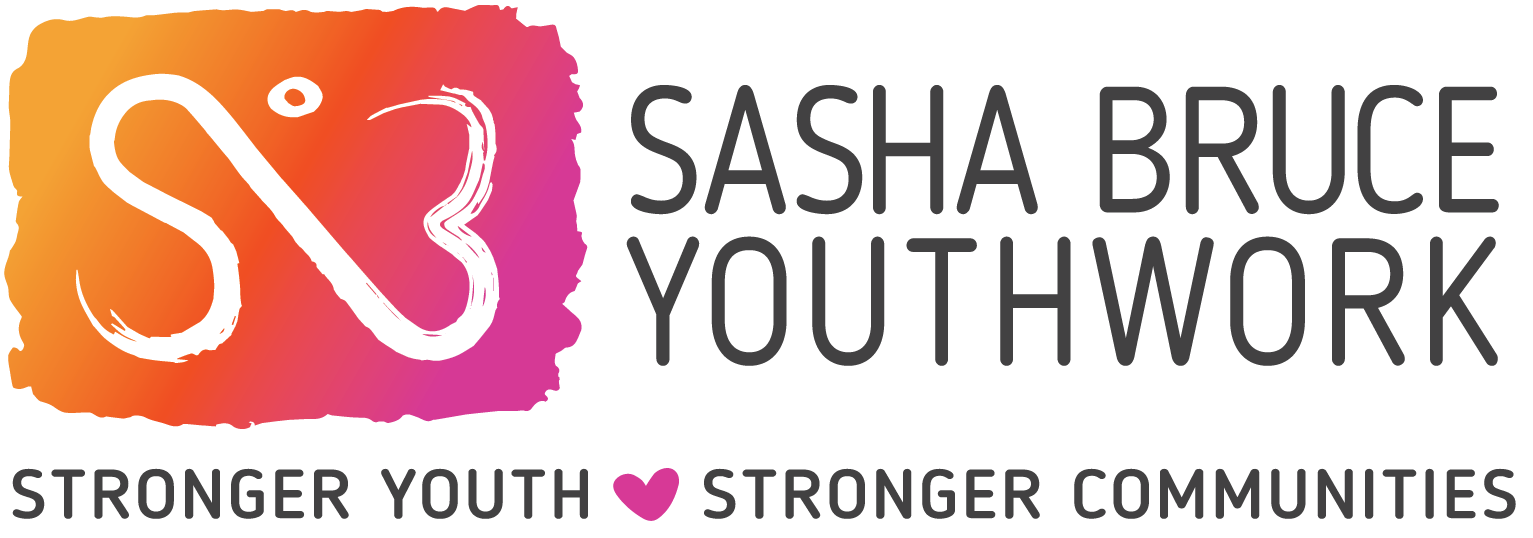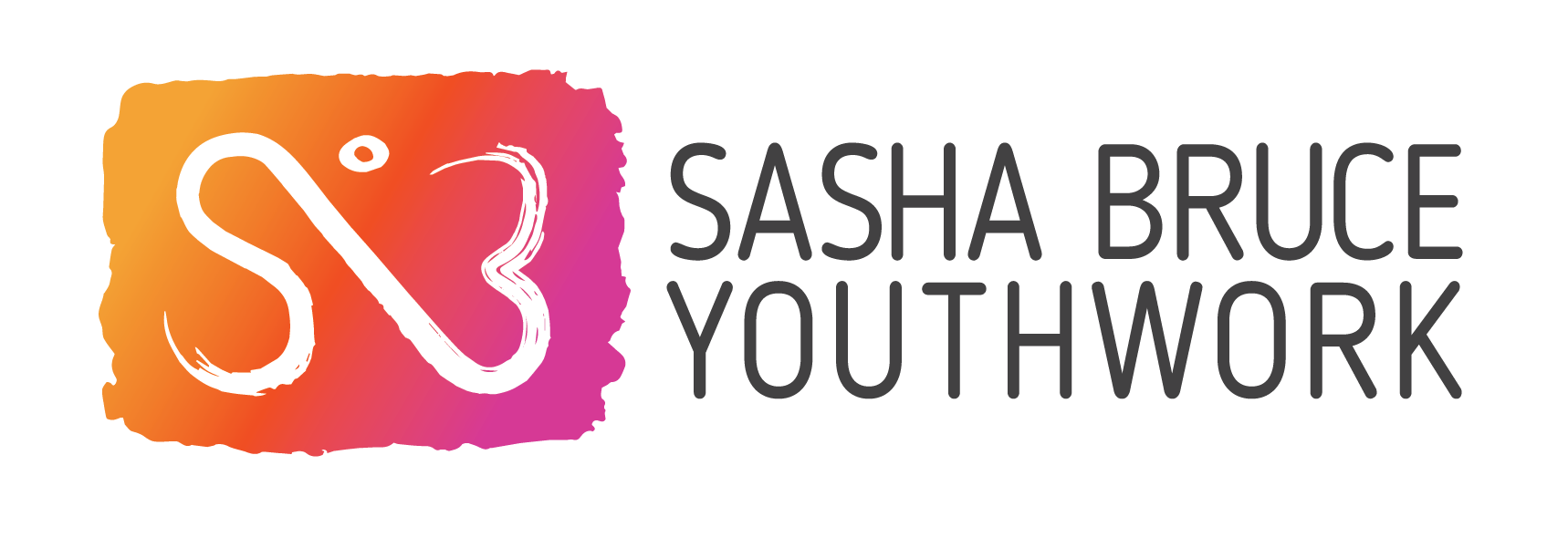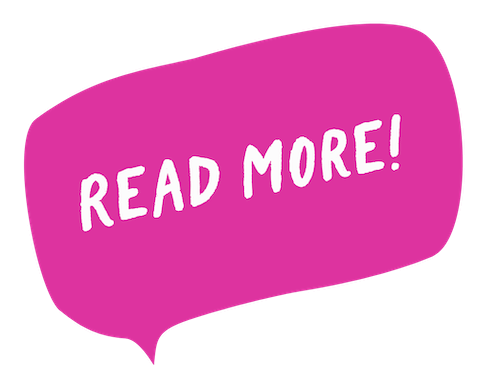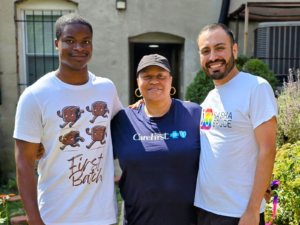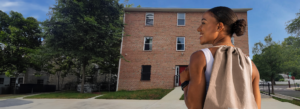When the New York City police raided the Stonewall Inn on June 28, 1969, few expected the
action to change the trajectory of LGBTQ+ rights in the country.
Tired of the constant harassment, arrests, and threats to their community, the Inn’s patrons –
gay, lesbian and transgender people who frequented the Stonewall because they were safe
there (and it had a dance floor!) – decided not to run away that night.
When the police arrived, they arrested thirteen people and roughed up others. On previous
occasions, those not nabbed in the initial sweep of the Stonewall Inn would have run away.
After all, if caught they’d face arrest, public shaming, or perhaps an involuntary “outing.”
However, rather than run, they gathered. The bar’s neighbors, also tired of the constant raids
and police presence, joined them. At one point, a police officer struck a woman, and she
shouted to the watching crowd to react. They began throwing objects, and the police found
themselves barricaded inside the bar as the crowd turned into an uprising.
The Stonewall Uprising galvanized LGBTQ activism and led to the founding of numerous gay
rights organizations. On the one-year anniversary of the riots, on June 28, 1970, thousands of
people marched from the Stonewall Inn to Central Park, on the streets of Manhattan, the first
American gay pride parade, which would occur annually from that point onward.
The parade’s official chant? “Say it loud, gay is proud.”
In 1975, several D.C. locals who had been attending the pride parade annually in New York
wondered why the city couldn’t have its own parade. One of the parade organizers had to get
permission from everyone on the block to close the street, and only one person refused.
On June 22, 1975, “Gay Pride Day” became the first officially recognized Pride celebration in
D.C.
At the same time, Debby Shore, founder of Sasha Bruce (then called Zocalo), was seeing the
consequences of anti-gay laws and rhetoric and religious beliefs on the streets in Washington.
Many of the youth she counseled during that period had been kicked out by their families and
ostracized by their communities.
“Youth from across the country were gravitating to Dupont Circle and Georgetown,” she recalls. “I remember one young man who’d been rejected by his family for coming out as gay. He was a
devoted, classically trained pianist whose mother set his piano outside on the patio in the rain.
It warped, and he left home.” Shore sometimes encountered 30 or 40 young people in one
night.
During the 1980’s and 90’s when HIV began spreading through the gay community, Shore
realized that many of the youth Sasha Bruce was serving were at high-risk for HIV but weren’t
being served by traditional, facility-based services. Sasha Bruce became a critical HIV partner in
the region, contracting with the D.C. Department of Health to deliver HIV testing and
prevention services.
In the US, LGTBQ young adults experience homelessness at twice the rate of peers. Through a
multi-faceted research project on youth homelessness, Chapin Hall at the University of Chicago
found that among other youth experiencing homelessness, LGBTQ youth report higher rates of
trauma and adversity, including twice the rate of early death. Additionally, youth who identify
as both LGBTQ and black or multiracial have some of the highest rates of homelessness.
The latest count of youth experiencing homelessness in the District identified 1,046 youth –
minors and transitional youth ages 18-24 years – who were homeless. More than one-third, or
285 youth, stated that they were LGBTQ+. Many of these youth have left home or been kicked
out of their home due to family conflict, often related to their sexuality.
Sasha Bruce supports the LGBTQ+ population in the region and, in 2023, received a US
Department of Health and Human Services grant to prevent youth homelessness, particularly
among LGBTQ+ and Latino/a youth. As one of only eleven agencies nationwide to receive this
grant, we are partnering with the Prince George’s County Department of Social Services to
implement The Resilience Project, which adds new strategies to prevent homelessness in our
communities and to ensure that all youth feel welcome and respected in our communities and
our programs.
A critical element of the project is the introduction of flexible cash assistance – either a modest
($400-$600) guaranteed basic income for one or two years, or a larger lump sum amount to
address critical needs to prevent homelessness. Our work has been guided by the County’s
Youth Advisory Board and our own youth council, the CURB, and we are currently in the process
of taking applications for this program in Prince George’s County.
The Resilience Project recognizes the high rates of homelessness among LGBTQ+ youth and the
growing rates among Latino youth in the County. We have increased the number of bilingual
staff working at the agency and are addressing the need for affirming and effective homeless
prevention services for LGBTQ+ youth through the AFFIRM initiative, which reduces the
rejection of and increases affirming behaviors for LGBTQ+ youth. This strategy is provided
through workshops and training to youth, family members and service providers. It seeks to:
- increase ability of service providers to provide AFFIRM to LGBTQ+ youth;
- increase safe spaces for LGBTQ+ youth;
- reduce rejection of LGBTQ+ youth by caregivers; and
- increase community capacity to address risk factors for LGBTQ+ youth
Though these workshops are currently in the beginning stages, they will be offered in both the District and Prince George’s County. We encourage you to stay tuned to our newsletter and Sasha Bruce communications to find out more about creating AFFIRMing communities for LGBTQ+ youth.
